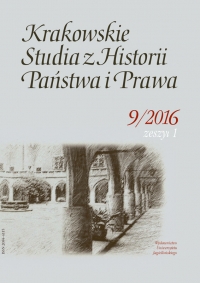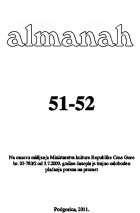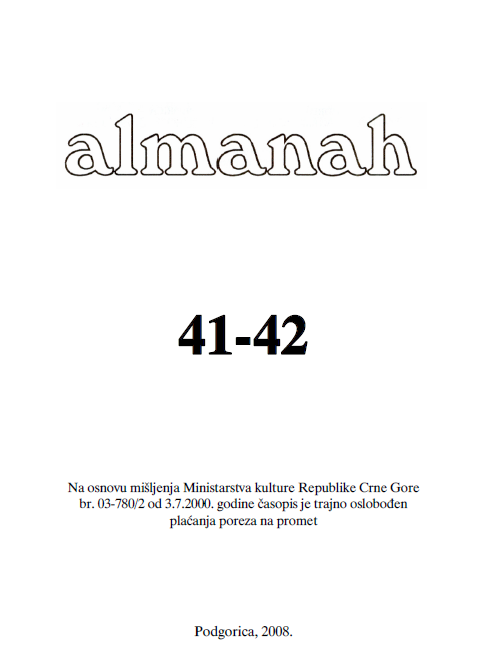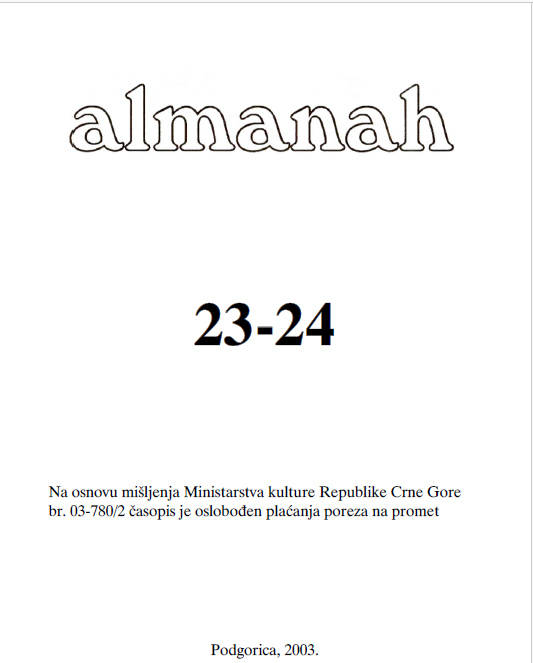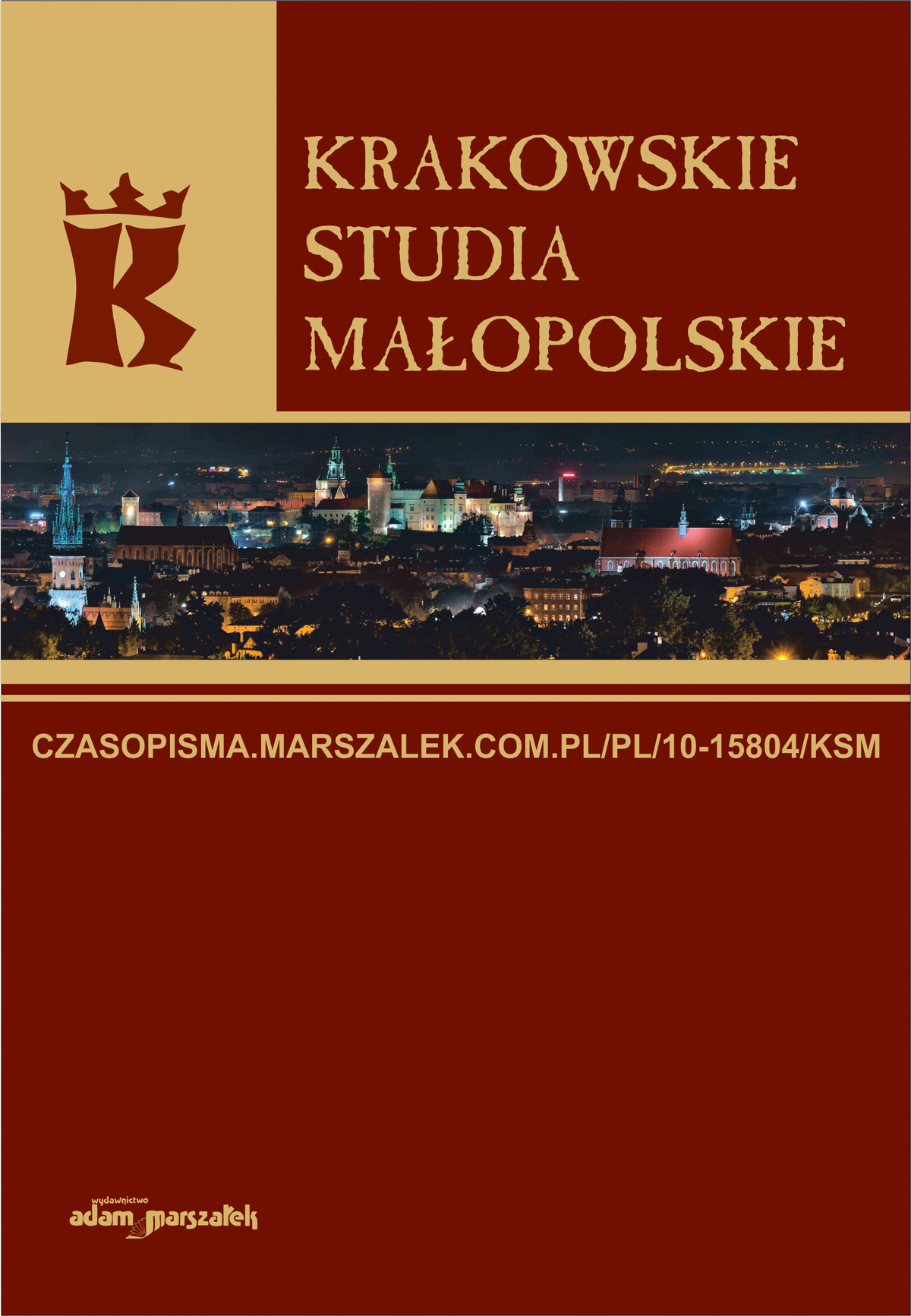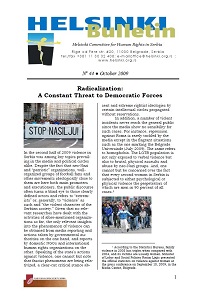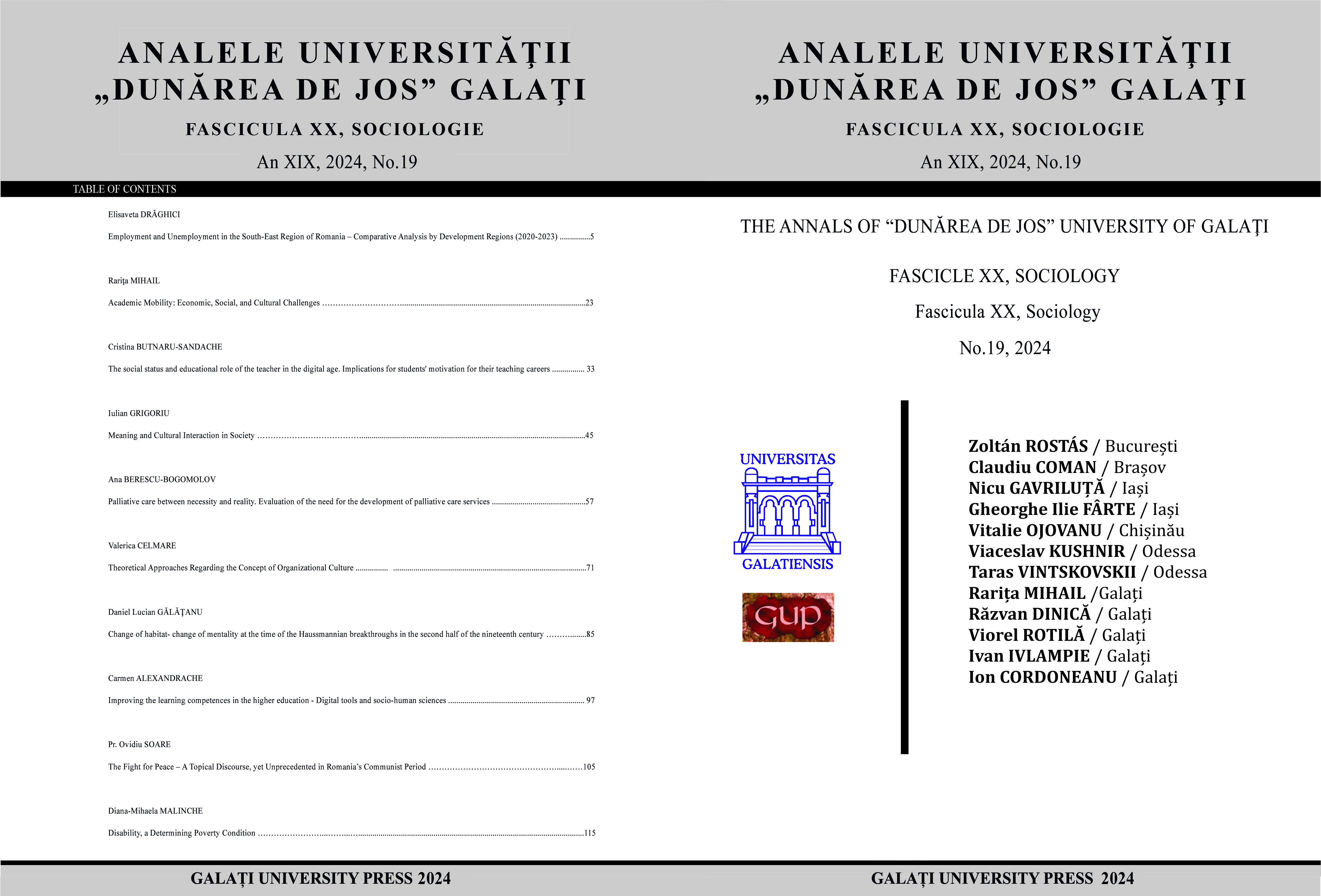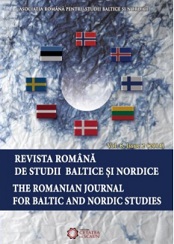
Clashing cultural nationalisms: the 19th-century Danish-German intellectual debate, the Schleswig wars (1848-1864), and some reflections on the cultural roots of National Socialism
Romantic culture, far from only being an intellectual phenomenon, was a pivotal element in the 19th-century nation-building processes experienced in Europe, and it ended up influencing and being influenced by contemporary political events. The wars waged between Denmark and the German Confederation (1848-1864) are a foremost example of it, as the political claims for the control of the duchies of Schleswig, Holstein and Lauenburg intertwined with the intellectual polemics between some prominent German scholars (Jacob Grimm, Karl Müllenhoff etc.) who intended to prove the German nature of the duchies’ cultural heritage and of Scandinavian cultures in general, and some Danish intellectuals (Nicolai Grundtvig, Rasmus Rask etc.) who strove to undo what they perceived as a politically-charged cultural aggression. The relevance of the Schleswig Wars and their related intellectual debate is not restricted to 19th-century studies, as some authors of the second half of the 20th century have suggested that the German-Danish intellectual conflict over the heritage of the Old North was actually a prelude to what would eventually be Nazi Germany’s totalitarian ideology. Unfortunately, little has been written so far on the relationship between the Schleswig Wars and the then-contemporary scholarly debate. This article is intended to be an effective contribution in this direction.
More...
